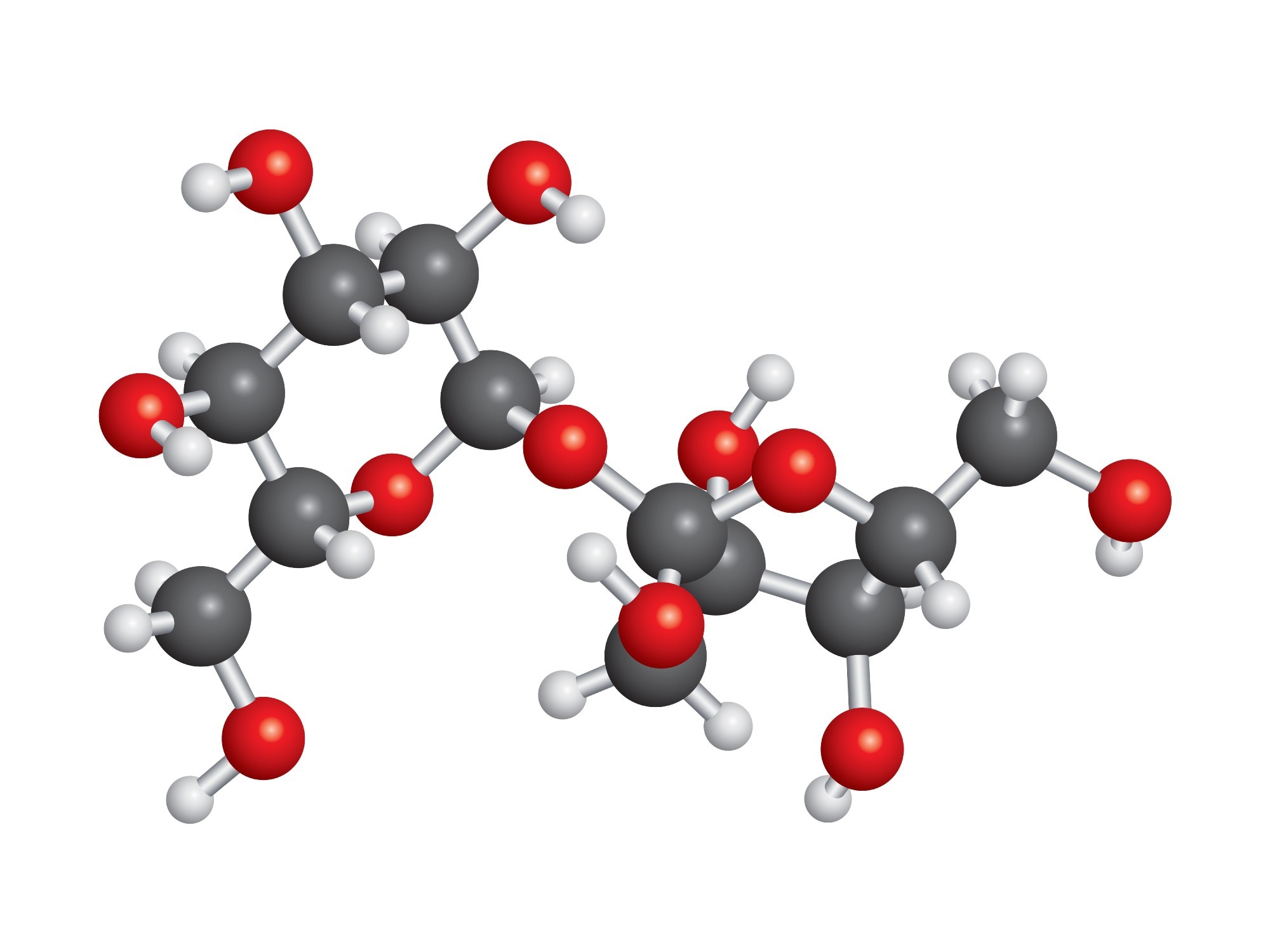Polymers in Construction: Stronger, Lighter, and More Durable
Polymers in Construction: Stronger, Lighter, and More Durable
Blog Article
Maximizing the Potential of Polymers: Discover the Diverse Advantages and Practical Uses
The complex advantages and useful uses of polymers proceed to advance, providing ingenious services to complicated challenges. By exploring how polymers can enhance product toughness, drive sustainability efforts, change health care services, and pave the way for future technological advancements, we can discover a globe of opportunities waiting to be taken advantage of.
Importance of Polymers in Modern Industries
Polymers play an essential duty in contemporary industries, acting as functional materials that drive development and efficiency across a large range of fields. These complicated molecules, made up of duplicated subunits, have revolutionized sectors such as auto, aerospace, electronics, medical care, and much more. In the vehicle market, polymers have made it possible for the advancement of lightweight yet sturdy components, improving fuel effectiveness and total performance. Aerospace industries rely upon polymers for their high strength-to-weight proportion, crucial for aircraft and spacecraft construction. The electronic devices industry advantages from the shielding buildings of polymers, vital for manufacturing circuit boards and digital gadgets (Polymers). In addition, polymers are extensively made use of in the medical care field for medication shipment systems, medical tools, and biocompatible materials. Their adaptability, longevity, and cost-effectiveness make polymers crucial in contemporary manufacturing procedures, promoting advancements and driving progression in different markets worldwide. Accepting the capacity of polymers is key to unlocking further technologies and addressing the developing requirements of today's commercial landscape.
Enhancing Product Resilience With Polymers
With a focus on longevity and strength, integrating sophisticated polymer technologies right into item layout has actually come to be a foundation of enhancing resilience in modern-day production processes. Polymers provide a large range of buildings that add to the general toughness of products. One essential advantage is their resistance to rust, chemicals, and weathering, making them ideal for usage in different markets where exposure to rough problems prevails.
Additionally, polymers can be tailored to satisfy specific sturdiness demands, enabling manufacturers to customize items according to their intended use and anticipated lifespan. By including polymers right into product parts, suppliers can enhance toughness and influence resistance, minimizing the possibility of damage or wear over time.
Additionally, polymers are lightweight yet durable, offering sturdiness without including unneeded Bonuses weight to products. This characteristic is especially useful in industries such as aerospace and automobile, where lightweight products are necessary for boosting fuel performance and general efficiency.
Sustainability Advancements Via Polymer Development
In the world of modern production and item style, the cutting-edge application of polymers is driving considerable innovations in sustainability methods. Polymer technology plays a critical duty in improving sustainability by providing services that lower ecological effect across various sectors.
Moreover, advancements in polymer modern technology have resulted in the development of bio-based and renewable polymers, derived from natural sources such as plants, that provide a more sustainable choice to standard petroleum-based plastics. These green polymers not just help in reducing dependence on nonrenewable fuel his explanation sources yet also decrease greenhouse gas exhausts during production. By incorporating these innovative polymers right into manufacturing processes, firms can minimize their ecological footprint and move towards even more lasting techniques, aligning with international efforts to combat climate modification and promote a circular economic climate.
Polymers in Healthcare: Revolutionizing Medical Solutions

Among the essential locations where polymers are making substantial strides remains in the advancement of targeted medicine delivery systems. By encapsulating medicines within polymeric nanoparticles or micelles, scientists can enhance medication stability, boost bioavailability, and allow controlled release, causing a lot more efficient treatment regimens with lowered side impacts.
Furthermore, polymers are crucial in the area of regenerative medicine, where they are utilized to produce scaffolds that resemble the extracellular matrix, providing assistance for cell development and cells regrowth. This innovation holds tremendous guarantee for fixing damaged organs, promoting wound healing, and advancing individualized medication approaches.
Basically, the assimilation of polymers in health care is driving development, improving therapy efficiency, and inevitably improving patient end results in ways previously believed unattainable.
Future Applications and Advancements in Polymer Modern Technology
Progressing at the center of clinical discovery, polymer modern technology continues to pave the means for groundbreaking applications and developments forming diverse markets. Furthermore, polymer nanocomposites are boosting the mechanical and thermal buildings of products, leading to stronger and lighter parts in aerospace and automotive industries. Looking ahead, scientists are discovering the possibility of shape-memory polymers for applications in robotics and biomedical tools, where products that can "bear in mind" and go back to their original forms use exciting opportunities for development.
Conclusion

Report this page